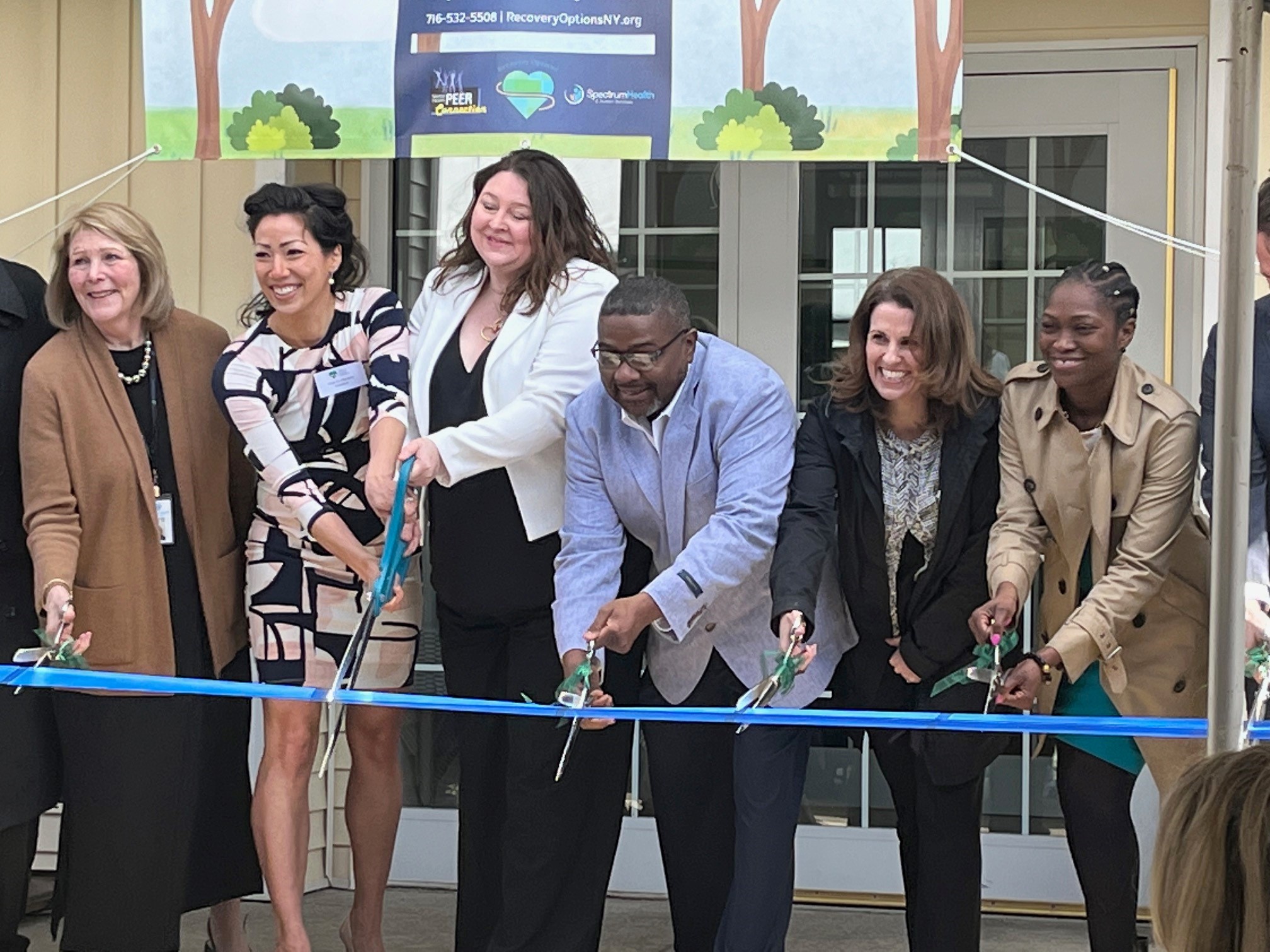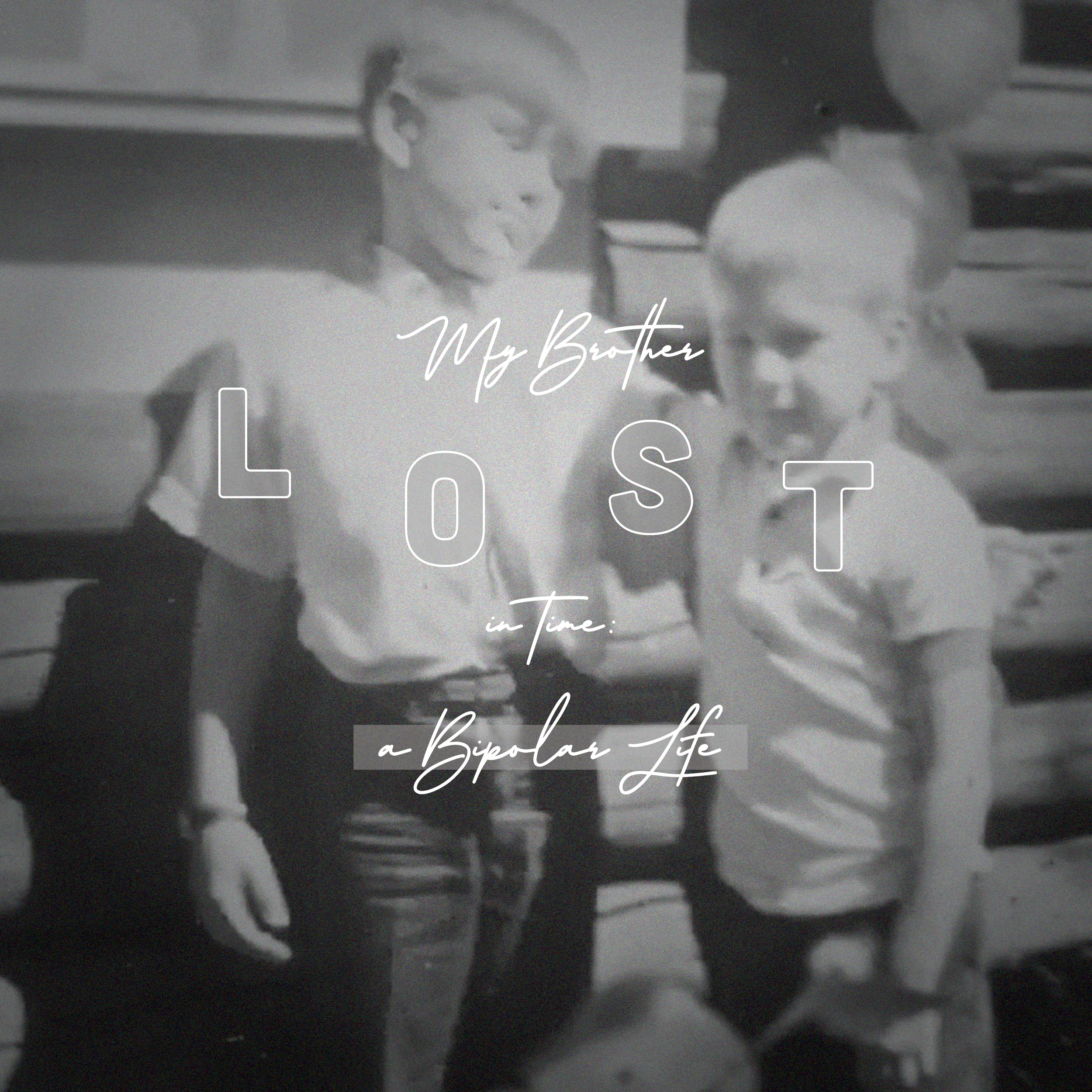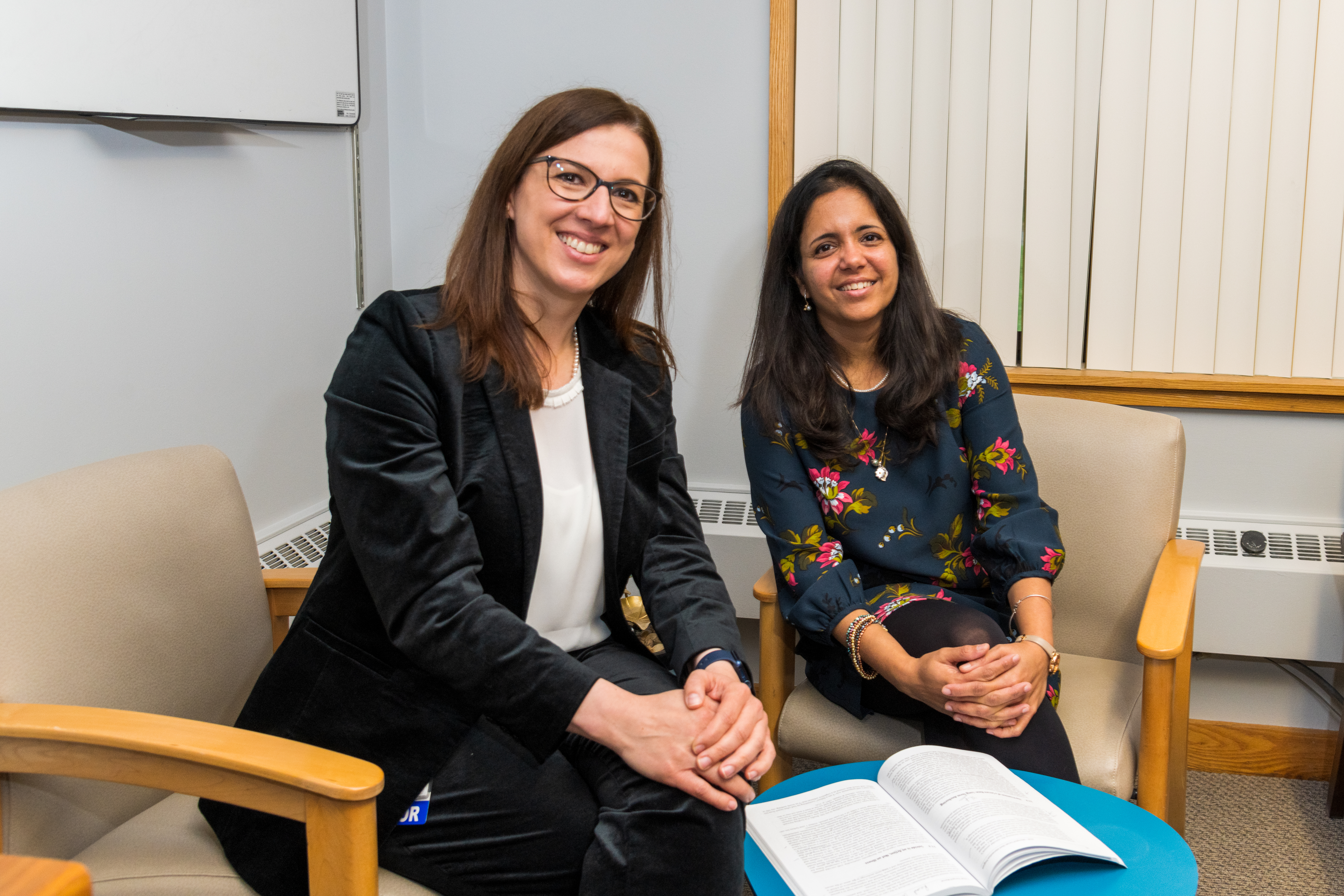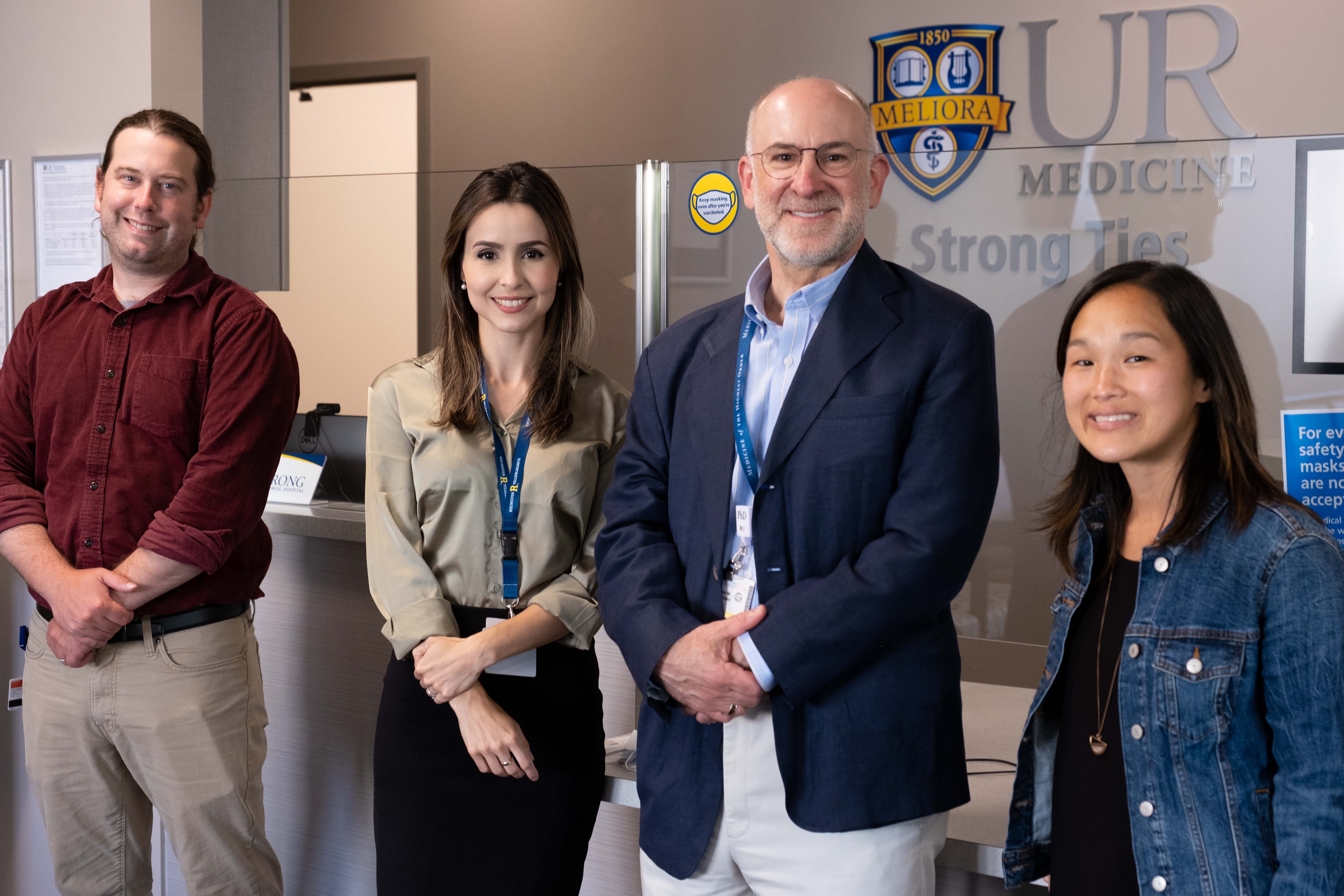Grantee: University of Rochester Medical Center
Project: INTERCEPT - Clinical High-Risk Program
Issue:
Serious mental illnesses such as schizophrenia and related conditions occur in 1 out of 100 people, on average. To put that in perspective, that’s more than 700 fans at every sold-out Bills game.
Characterized by symptoms such as hearing non-existent voices, unusual beliefs, difficulties with attention, and hard-to-comprehend speech – these conditions are associated with high rates of unemployment, substance abuse, depression, and suicide.
These diseases are also among the costliest and most disabling, due to treatment expenses and lost income for patients and family members. Patient lifespans are 15 to 30 years shorter as well. Yet, unlike other serious illnesses (e.g., cancer, heart disease), outcomes have not improved over the past 50 years, lifespans have not risen, and only a small percentage can access the best treatments.
In Western and Central New York, investment in solutions has lagged the downstate region. For example, the state Office of Mental Health (OMH) funds two major research centers devoted to schizophrenia and related conditions: The New York State Psychiatric Institute, in Manhattan, and the Nathan Kline Institute, in Rockland County. Until recently, there were five clinics in the state focused on preventing these illnesses – and none were outside New York City.
Solution:
Interventions for Changes in Emotions, Perception, and Thinking (INTERCEPT) is a unique mental health program for young people aged 15 to 28. Designed to address new and distressing symptoms in their early stages, it offers opportunities to help prevent progression to more serious conditions.
Through the program, young people can learn to identify, monitor, and manage changes in behavior and mental health. Treatment components are tailored to the individual and can include individual and group therapy, problem solving, social skills training, goal planning, and more. Structured to minimize disruptions to school, work, and relationships, INTERCEPT can help young people make “course corrections” on their journey to mental wellness.
INTERCEPT is strategically based at the University of Rochester Medical Center to provide a central place for Western and Central New Yorkers to access these vital services. INTERCEPT uses a comprehensive treatment approach that involves family members and focuses on keeping people in school, work and other valued roles by preventing the onset of an episode when possible and improving outcomes when not.






.jpg)